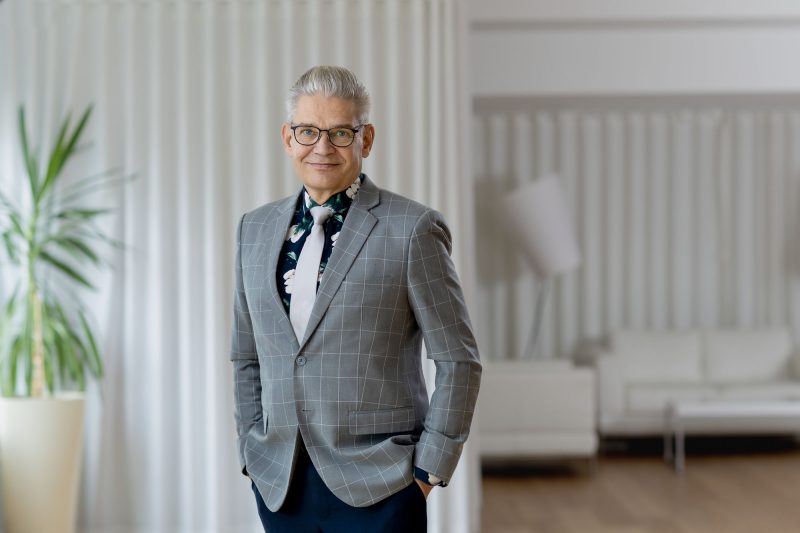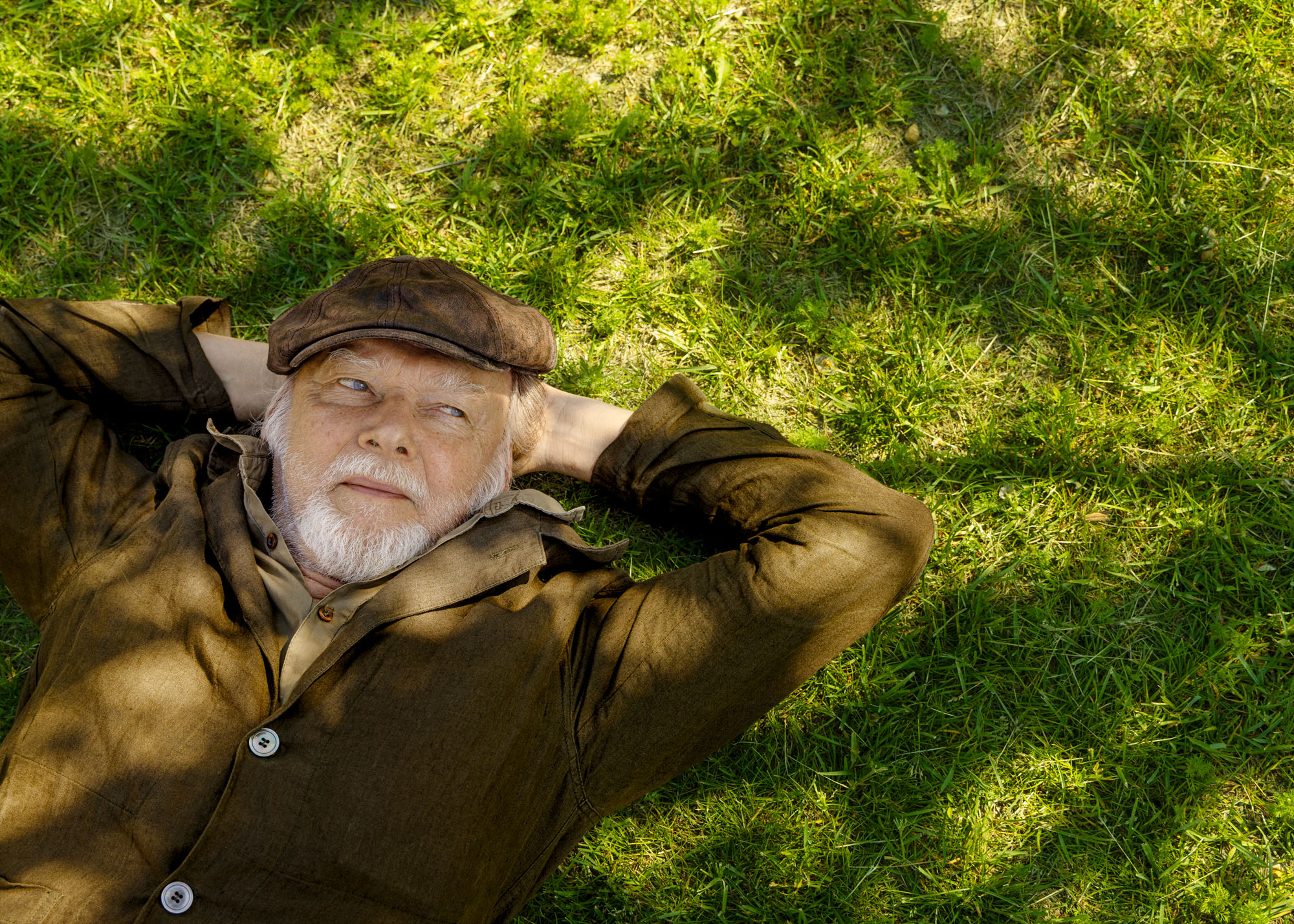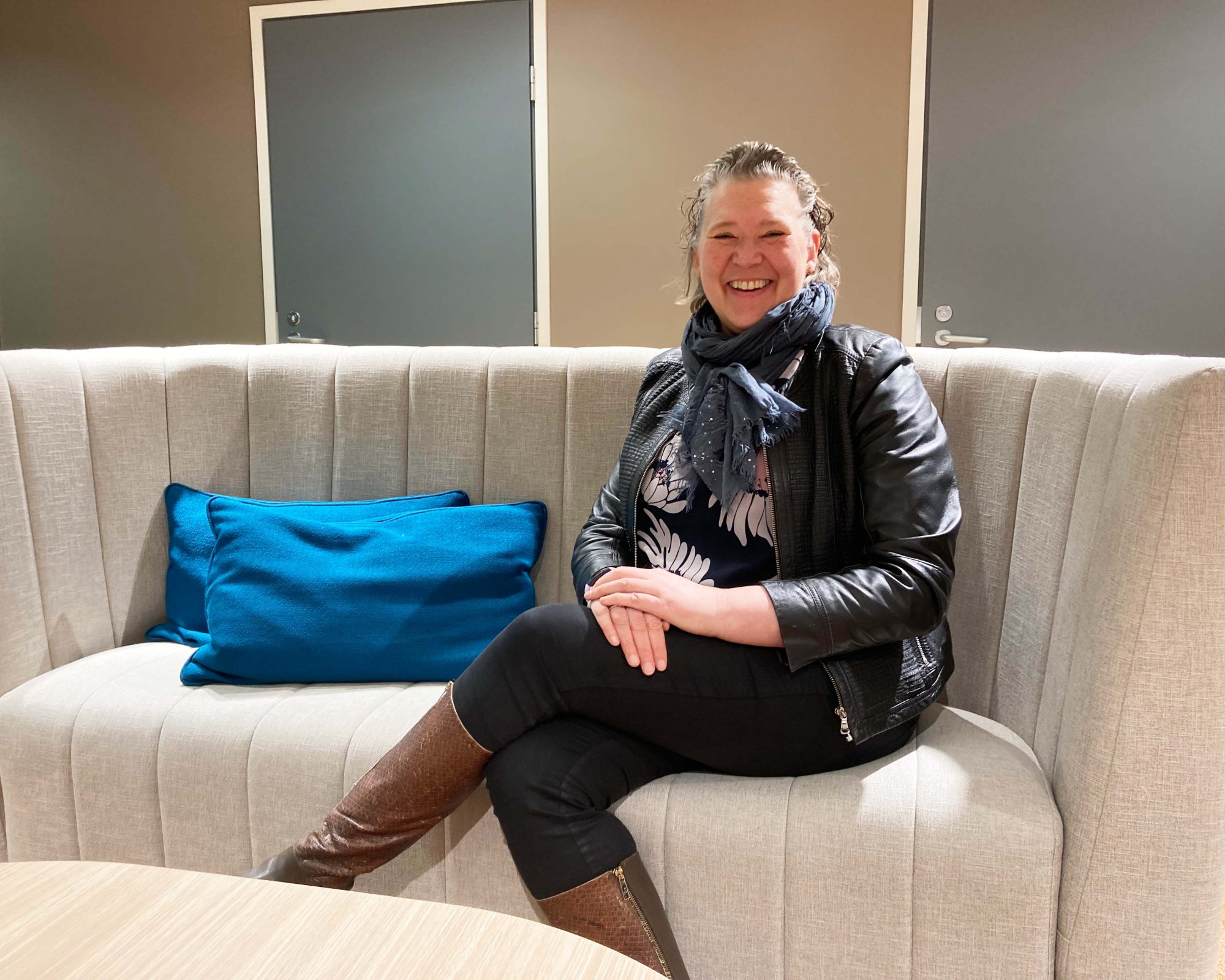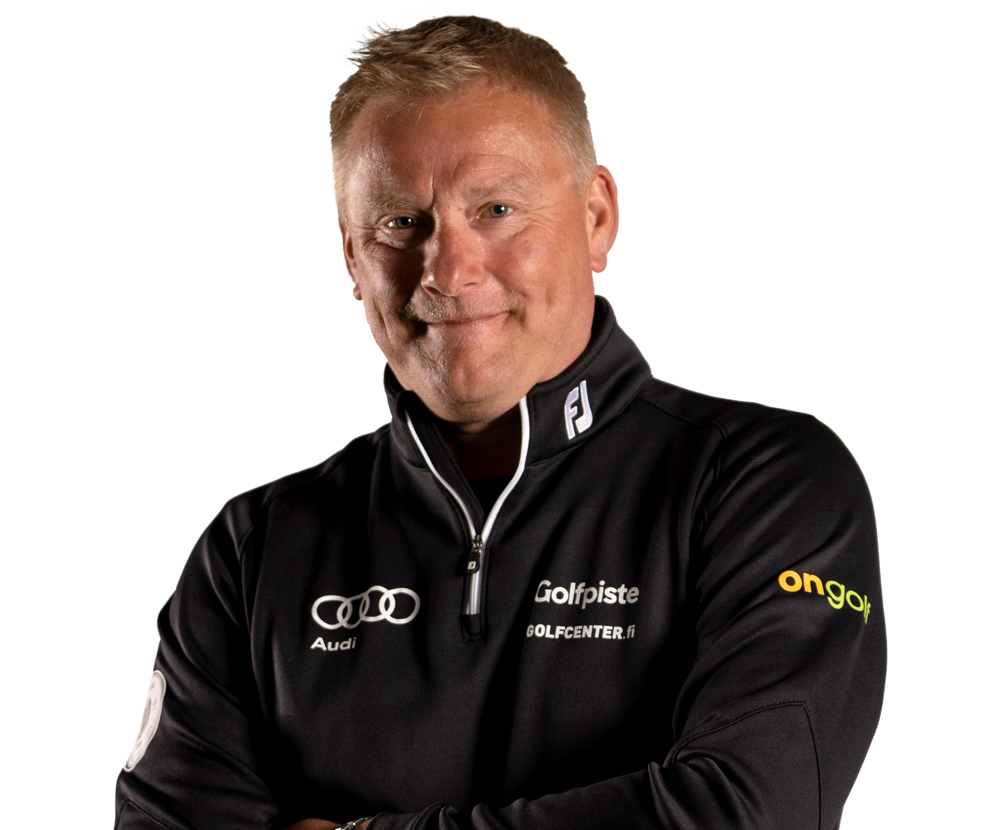A visionary for all cancer patients – steps in the history of Docrates
3.5.2022 Categories: Articles
– The idea of founding Docrates Cancer Center was purely based on my desire to do my own work better, because my work as a doctor is a matter of the heart to me, says Professor Timo Joensuu, Founder of Docrates Cancer Center.
Docrates’ operations were initially built on solid Finnish radiotherapy expertise, whose untapped potential in Finland inspired Timo to create something new.
– Right from the start, my key insight was that Finland is a leading country in radiotherapy and that the optimisation of radiotherapy dose planning is very advanced here. However, I realised that radiotherapy was, in a way, an underused resource in cancer treatment and could be used even better. Instead of waiting, I realised that I could also take more responsibility for the development of my own field, Timo says.

However, radiotherapy was not the only area of cancer treatment where there was room for development.
– In the end, the development of radiotherapy was only a small intermediate step. I knew there were also many other areas to be developed. It was quite obvious that it was possible to improve cancer treatment in many different ways, Timo says.
One of Timo’s inspirations for founding the cancer hospital was the Pafos seminar by Esa Saarinen, where he was particularly struck by the idea that each of us can take responsibility for doing good and act accordingly in our work and everyday life.
The mission was built on three insights
After an initial reflection, Docrates Cancer Center’s mission was finally built on three insights:
1) The cancer patient must be treated in a comprehensive and multidisciplinary way, i.e. with the help of several specialists. The patient must have their own care team, including a person responsible for coordinating the treatments, who acts as the patient’s contact person for all medical matters.
2) Treatments based on high-quality research must be combined with a patient-centric and ethical approach, where every customer is treated in an equal and humane way.
3) The population is getting older and wealthier, and there will be sufficient demand and funding for private activities now and in the future.
–At different stages of my career, I noticed that, although these issues were taken into account in various studies and other contexts, they could not be seen as a whole or put into practice. I then realised that the only way to combine these things was to found my own hospital, Timo says.
After establishing the vision, Timo started developing the dream of having his own hospital with Pekka Aalto and Harri Puurunen (in the main picture), both of whom are physicists by education. They brought in expertise in radiotherapy and financial management, as well as connections with manufacturers of radiotherapy equipment.
In July–August 2006, just five months after Timo first contacted him, Harri submitted the paperwork needed to establish Docrates Cancer Center. The first cancer treatments were provided in October 2007.
Fifteen years of private cancer treatment – the patient is always the focus
Since the beginning, Docrates’ activities have been guided by the central idea of our care philosophy: focusing on the patient’s individual, human experience. For every Docrates employee, the patient is always the focus.
Timo considers it to be important that people are continuously provided with meaningful information about cancer treatment in an easy-to-understand way. Patients should also be assisted in interpreting the ever-growing amount of research data and its applications for themselves.
– Significant new cancer studies are continuously being completed, but they can be difficult for patients to interpret. I want patients to get the answer to the question: ‘What does all of this new information mean for me,’ Timo says.
Timo also strives to promote patient understanding in daily patient meetings by thoroughly explaining all of the aspects of the treatment. A responsible doctor always aims for a shared understanding and awareness between the doctor and the patient of what is going to happen. This is something that patients also appreciate.
It is important to keep striving for the better
Although cancer care in Finland is at the top level internationally, Timo still finds it problematic that the patient’s position during treatments is often weak and the doctor’s role as a patient’s helper can be easily forgotten.
–When the patient calls and asks for help, in other places it is often pointed out that the doctor has something else to do that is more important. And it’s true that, nowadays, doctors have to do so much more than just working with patients. But unfortunately, there are more and more doctors who are not in contact with patients at all. It shouldn’t be like that, Timo says.
– The idea is that the doctor works and is in the hospital for the patients. Talking to a patient should not be seen as a disruption, even if the doctor carries out research in addition to working with patients.
Although the focus of the work should be on patient encounters, Timo also feels that maintaining expertise is just as important for continuous development in the work of an oncologist.
– It’s dangerous to imagine that you know everything and settle for things working well enough as they are. The challenge is to always keep striving for something new and better even if the results are good. You should avoid getting stuck in a rut in your own thinking. This is why I regularly attend international conferences and other training events to find inspiration for new ways of doing things, Timo says.
Good service and expertise
Good service and expertise also bear fruit when it comes to customer satisfaction: over 92% of Docrates’ patients say they are very satisfied with the treatment and service they received.
–When it comes to treating individuals, it’s great when they tell their friends about the good service they have received. The recommendations bring new patients, Timo says.
– That’s why I need to succeed every day.












